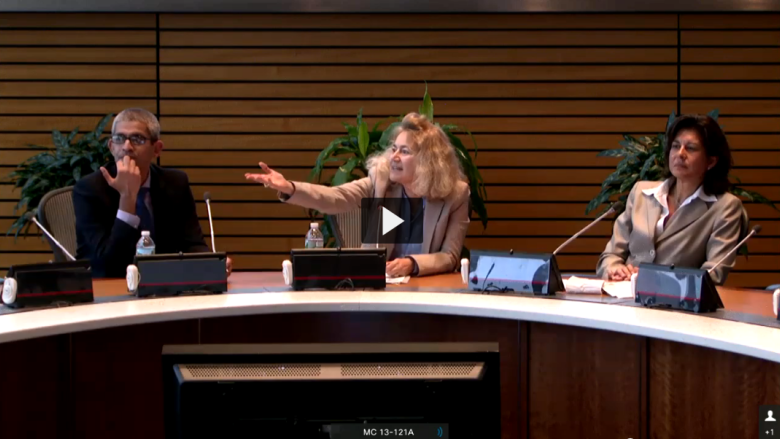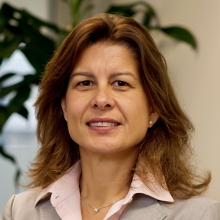Welcome to this month’s World Bank Research E-Newsletter, a monthly summary of research conducted by our department.
This month our Policy Research Talk focused on Understanding Financial Education: What Works, What Doesn’t, and What’s Next? Financial education has fast emerged as a key policy tool to help individuals and households navigate the increasingly complex financial decisions they have to make in both the short- and long-term. Yet, evidence is very mixed on the effectiveness of such programs, which generally under-deliver on their original promise. In this talk, Senior Economist Bilal Zia summarized the growing consensus that conventional classroom approaches are ineffective, but a growing literature has identified alternative approaches that show promise. If you missed the talk, you can watch the video and presentation.
This month’s newsletter focuses on the theme of early childhood development. An estimated 250 million children under the age of five suffer from stunting and extreme poverty. Investments in young children to limit exposure to disease, ensure adequate nutrients, and provide stimulation can pay big dividends both for children and society as a whole. Recent papers on early childhood development cover topics such as the factors related to learning gaps in school; the benefits of mass deworming; the impact of a conditional cash transfer program in Tanzania; school readiness programs; and a number of others.
Enjoy!
—Asli


